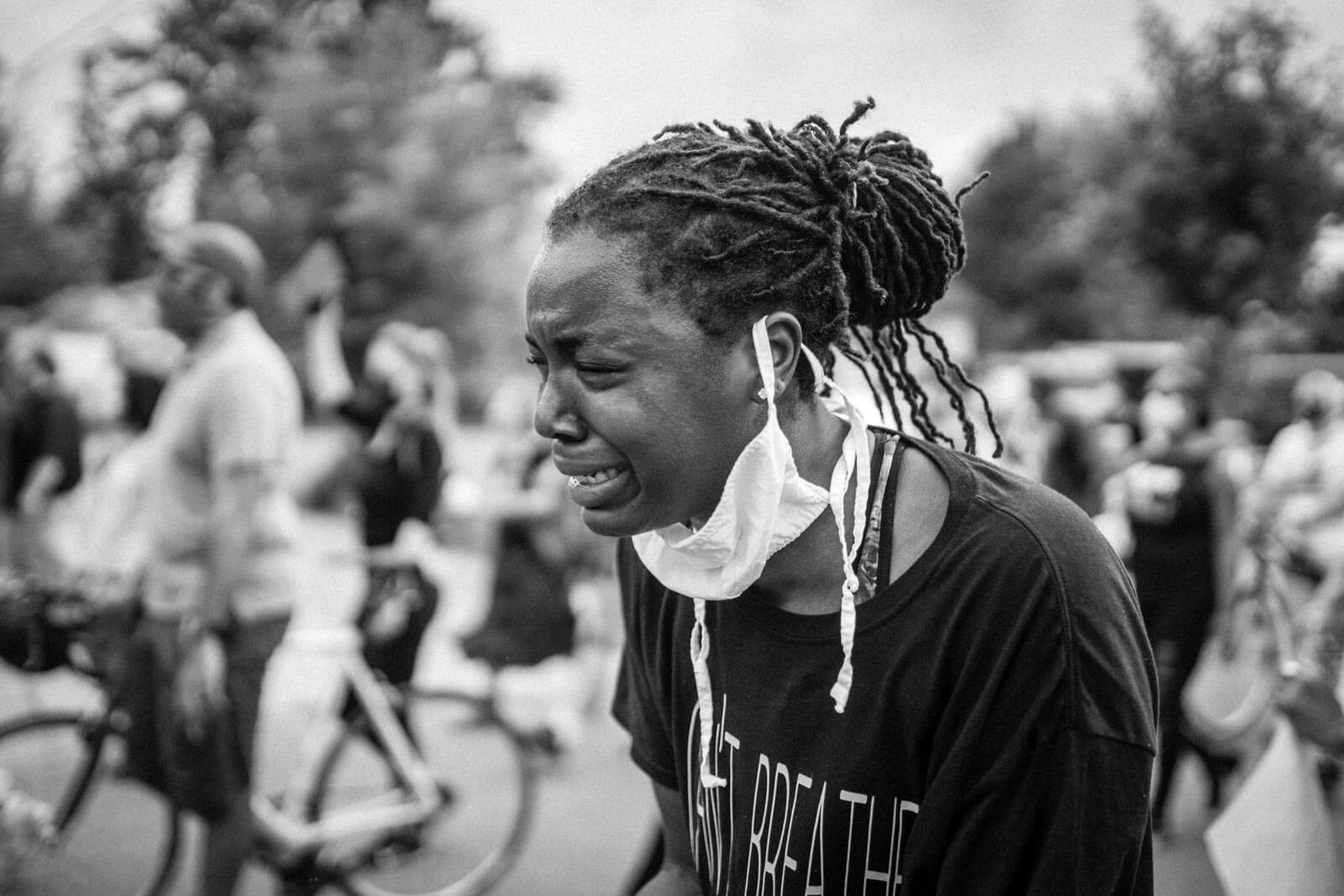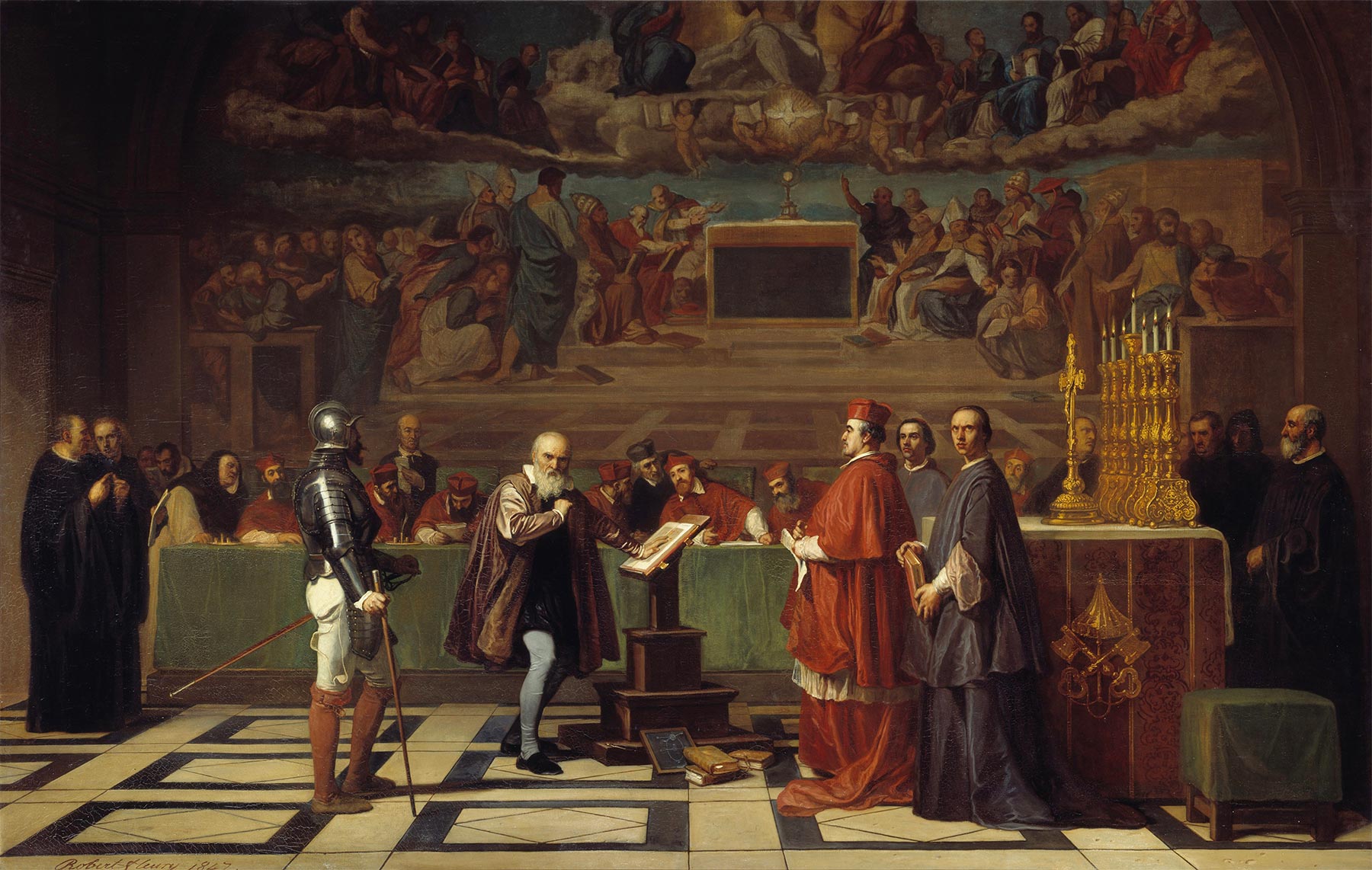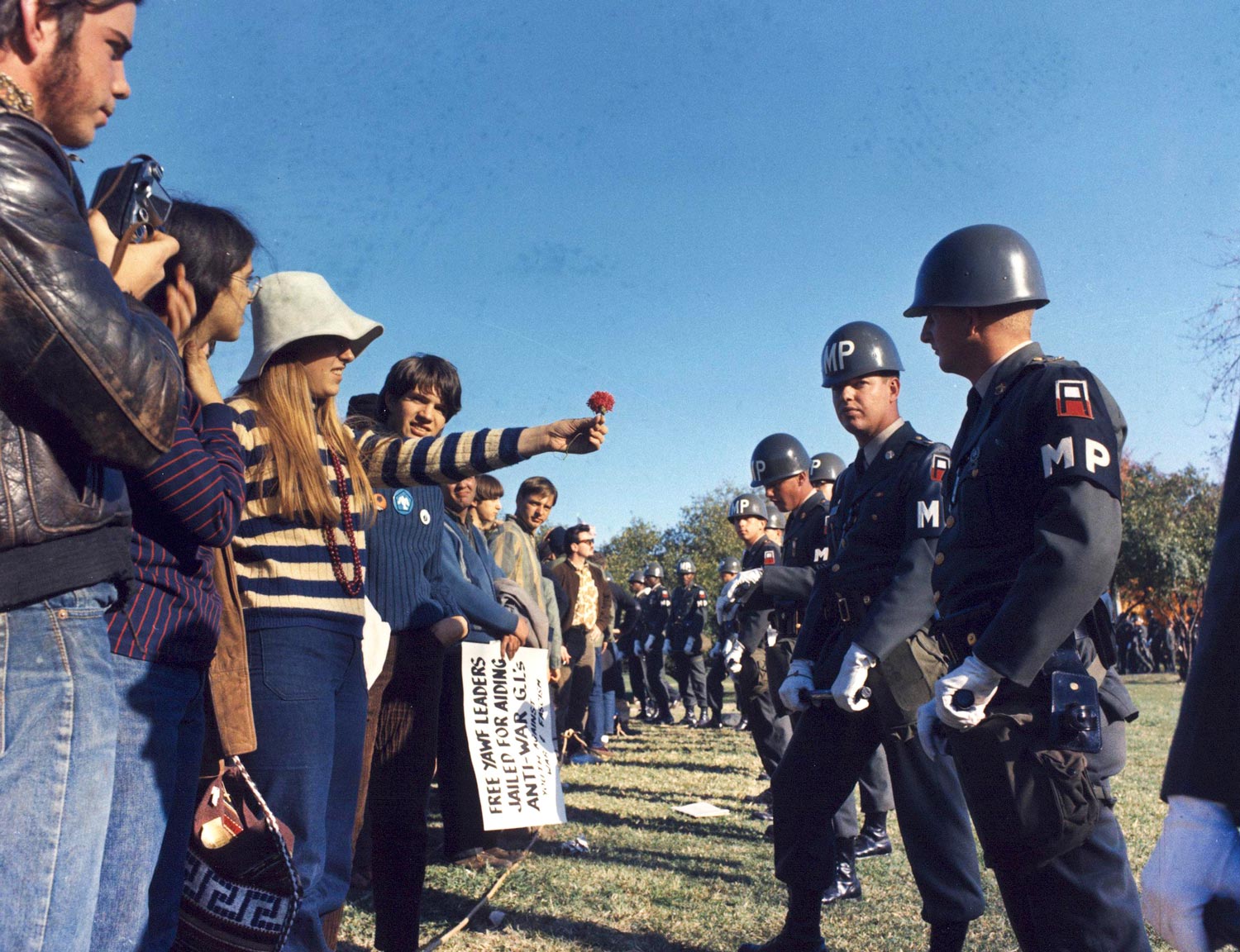Trigger warning
Contains content some readers may find offensive

And it is so easy to look away, to live with the fruits of our history and to ignore the great evil done in all of our names.
Ta-Nehisi Coates Between the World and Me
Things ain't what they used to be. To add more discomfort, what they used to be increasingly ain't what they used to be either. Joan Didion once wrote that We tell ourselves stories in order to live
, and in its way history achieves that collectively. Our history is the story of our community, our country, our shared autobiography. The story starts when we're young, maybe at school, maybe from a relative, and like most children's stories it boasts memorable heroes, happy endings, and maybe a moral or two. Our history is an extension of us, and we are encouraged to take pride in it, to value it as we value ourselves. Like so many stories, it teaches us how to live. And then we get older, and suddenly the times, they are a-changing…
The story changes. It wasn't the whole story, it turns out. Other stories, thus far untold, muddy the narrative, mess up the ending, undermine the message. What was simple, like so much in life, becomes less so, and books we had thought closed turn out to remain open. The story is not finished. The past is not dead.
This is nothing new. British histories have long since reassessed the patriotic narrative of an empire upon which the sun never set and recognised the bloodshed and exploitation endured by Britain's subject peoples, while American historians have explicitly acknowledged the centuries-long campaign of violence and dispossession waged upon native Americans. God is no longer an Englishman, nor are the citizens of the United States a divinely-chosen people. These were unpleasant adjustments, akin to the Copernican relegation of planet Earth from centre of the Universe to but one of many satellites of our sun. Long story short, it's no longer all about us.
Copernicus's ideas (the observation that the earth orbited the sun, and that the sun was perhaps but one of many stars in the universe, was first made by the Greek astronomer Aristarchus of Samos in the third century BC) weren't popular, and when Italian scientist Galileo Galilei developed them further the Catholic Church responded that heliocentrism (the principle that the planets in our solar system orbit the sun) was foolish and absurd in philosophy, and formally heretical since it explicitly contradicts in many places the sense of Holy Scripture
. Galileo was forced to recant his conclusions by the Inquisition in 1632 and lived the remainder of his years under house arrest. Galileo had repeatedly challenged the narrative of his times, and the narrative pushed back.

In a speech in 1990, Cardinal Ratzinger (later Pope Benedict XVI) delivered some historic views as well as his own reflections upon the affair, in which he quoted Berkeley Philosphy Professor Paul Feyerabend: The Church at the time of Galileo kept much more closely to reason than did Galileo himself, and she took into consideration the ethical and social consequences of Galileo's teaching too. Her verdict against Galileo was rational and just…
Much of Galileo's brilliance came from his powers of imagination, his ability to extrapolate from what he saw to intuit how the world might work. The Church of Galileo's day was not anti-science, but it was cautious, scared even. Europe was engulfed in one of the most brutal of its long and storied history of wars, the Thirty Years War (1618-48), fuelled in large part by the spread of Protestantism. The Church had lost its monopoly on Scriptural interpetation to reformers, revolutionaries, indeed any among the rabble who could read, and the foundations of its authority were threatened like never before. Galileo had been permitted to explore Copernicanism on a strictly hypothetical level, but it was heresy to publicly promote an idea contrary to the literal truth of the Scriptures. Galileo understood this prohibition, had submitted to it, then went ahead and did it anyway. It was not the facts exactly that the Church refuted, but their implication, what they meant, and the speed at which Galileo pressed ahead. It was the ethical and social consequences
. Specifically, their ethics. Their society.
What well-meaning liberals do not seem to realise these days is that democracies thrive or fail on the basis of national stories…
wrote Jeff Flynn-Paul in an article on American historical revisionism in The Spectator magazine. His argument was that democracies rely upon self-belief, upon a faith in the system and its rightness, and that any counter-narrative that questions or challenges that belief will undermine citizens' resolve, weaken society, and even imperil democracy itself. He was not disputing the facts of these counter-narratives, but warning, as the Catholic Church had hundreds of years before, against their ethical and social consequences
. It may be a simplification, but it's hard to resist reducing this to You can't handle the truth!
He may have a point. The truth is uncomfortable, and the more you look into history, the more you learn, the worse it can get. In November 2020 the National Trust, a British charity that maintains and manages hundreds of historic houses and landscapes, was condemned by the 'Common Sense' group of Conservative MPs, and many other media commentators, for publishing a report detailing the historic links between many of its properties and Britain's colonial and slave-trading past. The MPs wrote a letter declaring that History must neither be sanitised nor rewritten to suit 'snowflake' preoccupations.
, which Chair, Sir John Hayes MP, summed up as a lot of politically correct woke nonsense
. The Trust was not so much rewriting history of course as writing it, but in a nation as proud of its past as Great Britain this was enough to get them denounced in many quarters for being anti-British, not least by its own members, many of whom just want to see beautiful houses and gardens, not have others’ opinions pushed down their throats
.
Men occasionally stumble over the truth, but most of them pick themselves up and hurry off as if nothing had happened.
Winston Churchill
In America too strident voices decried the lack of pride, reverence even even, in American history. A Gallup opinion poll in 2019 declared that only 63% of adults in the United States were either 'extremely proud' or 'very proud' to be American, the lowest level since this question was introduced in 2001. And some of the blame for this national malaise was laid at the door of perceived left-wing indoctrination
in American schools. As Fox News presenter Laura Ingraham revealed in July 2020: Every subject, every extracurricular activity will be perverted to turn your kids into mini-Ilhan Omars. They will learn capitalism is racist, history as conventionally taught is racist, literature -- most of that -- is racist, patriotic songs are racist, and the Declaration and the Constitution, of course, they are racist. Are you sensing a theme here?
There are ethical and social consequences of challenging the consensus, the accepted narrative. There are consequences to the nation, and to the confidence which it is necessary the people should place (until they have unequivocal proof of demerit) in their public servants
as George Washington put it, the confidence that allows governments to demand compliance in times of crisis, sacrifice towards the greater good. And there are consequences to individuals if their belief in that greater good is undermined, if the community and the society to which they belong and with which they identify are criticised. Their identity, their certainties, are undermined. They feel attacked. The national stories
Jeff Flynn-Paul writes about are our stories.

Ignorance can be bliss, and people get angry when their bubbles are burst. The Black Lives Matter movement (which began in America in 2013 after the acquital of a white man in Florida who shot and killed unarmed black teenager Trayvon Martin the the year before) inspired a massive global wave of protests in 2020, drawing tens of millions onto the streets in response to Minneapolis police killing, on video, of another unarmed African-American, George Floyd. The focus of the movement expanded from racially-motivated police brutality to wider social injustices and economic inequalties, and British protests saw a statue of wartime Prime Minister Winston Churchill graffited with the word 'racist', and a statue of historic Bristol benefactor and slave trader Edward Colston pulled from its plinth and tossed into Bristol Harbour. The reality that many first-world countries are systemically racist, that their past splendours were built on pillars of exploitation and oppression, and that their present societies continue to be shaped by the legacy of this prejudice and discrimination, has proved to be, to put it mildly, disagreeable.
There is a reciprocal relationship between truth about the past and justice in the present
, wrote history teacher and author James Loewan. Lovingly-preserved blindspots in national histories can be symptoms of enduring historical injustices that continue to fester. Or, as Taryn Finley, Black Voices editor on the HuffPost more robustly puts it: Y'all don't want to deal with the fucked-up shit your ancestors did
. Confronting painful truths hurts, especially where people have been taught to look up to the great men (rarely women) of the past, and to take pride in their nation's triumphs and virtues. Taking pride in the good is all very well, but one must then feel shame for the bad, and as recent histories make plainer than ever, there is more bad on the balance sheet than most people expected. National identity, acording to Anthony Smith, is made up of the maintenance and continual reinterpretation of the pattern of values, symbols, memories, myths, and traditions that form the distinctive heritage of the nation, and the identification of individuals with that heritage and pattern
. What happens when the values are discredited and the symbols torn down, the memories turn out to have been whitewashed, and the myths are confirmed to be, well, myths? What's left?
Whatever it is, it's probably closer to the truth, however unpalatable. The past changes a little every time we retell it
, wrote British author Hilary Mantel. And if it changes for the worse, maybe it is because we are trying, however imperfectly, to change for the better. The optimistic approach
, James Loewan also observed of feel-good histories, prevents any understanding of failure other than blaming the victim
. At its best, history enables us to blame a little less and to understand a little more, to understand both victim and victimiser, and to accept that, but for the random circumstances of our birth, we might easily have been either. British broadcaster James O'Brien reminds his listeners that it's always easier to sell tickets to the ghost train than it is the speak-your-weight machine
. The first, and maybe hardest, step towards rectifying a problem is of course acknowledging it. It's easy to feel better by dismissing unpleasant facts, turning the page or closing the book. But history is, at its core, about asking the questions, no matter how hard (the ancient Greek verb historeo means to learn by inquiry), and more importantly, about unflinchingly accepting the answers. Honest, unpartisan research cannot be unpatriotic, nor can it be offensive to anyone who believes their country, their society can be better. Acknowledging the mistakes of the past simply means that the best of times, the best of us, lies not in the pages of our history books, but is in fact yet to come.
The notion that a radical is one who hates his country is naïve and usually idiotic. He is, more likely, one who likes his country more than the rest of us, and is thus more disturbed than the rest of us when he sees it debauched. He is not a bad citizen turning to crime; he is a good citizen driven to despair.
H.L. Mencken
Bibliography
- Brown-Martin, G. (2020) 'Churchill Was A Racist, So What?' [online] Medium. Available at: medium.com [Accessed 2 December 2020].
- Carvell, T. (Producer). (2020, August 2nd). Last Week Tonight with John Oliver [Television broadcast].
- Flynn-Paul, J. (2020) 'The Myth of the Stolen Country', The Spectator, 26th November.
- Kaplan, R. (2017) 'The Problem with Patriotism Today' [online] Foreign Policy. Available at: foreignpolicy.com
- Loewen, J. (2018) Lies My Teacher Told Me, New York: Simon & Schuster.
- Mitchell, P. (2020) 'The National Trust is under attack because it cares about history, not fantasy', The Guardian, 12th November.
- Restad, H. (2012). Old Paradigms in History Die Hard in Political Science: US Foreign Policy and American Exceptionalism. American Political Thought, 1(1), 53-76.

